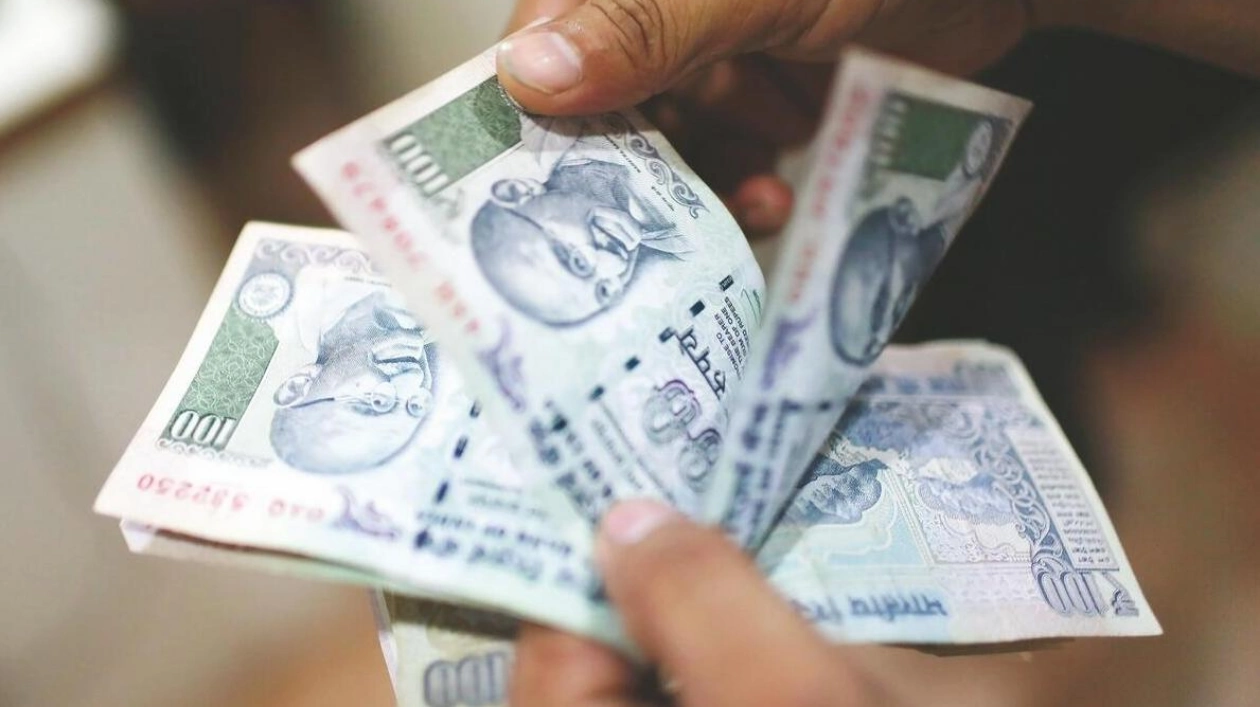The Indian rupee started the day with a minor decline, dropping by 1 paisa to 84.08 (Dh22.91) against the US dollar in early Tuesday trading. This dip occurred amidst ongoing foreign fund outflows and a robust dollar in the global market, which negatively impacted investor sentiment.
The domestic equity market's weak performance and the strong dollar exerted additional pressure on the rupee. However, lower crude oil prices and potential interventions by the Reserve Bank of India (RBI) could provide some support to the currency at lower levels.
In the interbank foreign exchange market, the rupee opened at 84.08 against the dollar, briefly reaching 84.07 during initial trades. For the past two-and-a-half weeks, the currency has been confined within a narrow 10-paisa range, with the RBI actively preventing further depreciation.
The central bank has consistently offered the dollar/rupee pair through public sector entities throughout recent trading sessions. This intervention has mitigated the impact of various factors on the rupee, including significant foreign outflows from local equities, U.S. Treasury yields reaching a three-month high, and the dollar's strong rally.
A currency trader at a bank commented, "I think people have just given up. You just come in the morning and just know that it will be a flat opening and then a 1-2 paisa (intraday) range." "Big risk events are lined up. Whether they are big enough to move the rupee, who knows?"
The yields on U.S. two-year to 30-year bonds surged to approximately three-month highs on Monday. The possibility of Republican candidate Donald Trump winning the U.S. elections has led investors to sell U.S. Treasuries and buy the dollar.
The dollar index is close to its year-to-date high, having rallied 3.5% in October. Market movements are being driven by anticipation of this week’s U.S. payrolls data and next week’s U.S. election, according to ANZ Bank.
The U.S. October non-farm payrolls data, due this Friday, will be closely watched, especially given the Federal Reserve's focus on the labor market.
Source link: https://www.khaleejtimes.com






